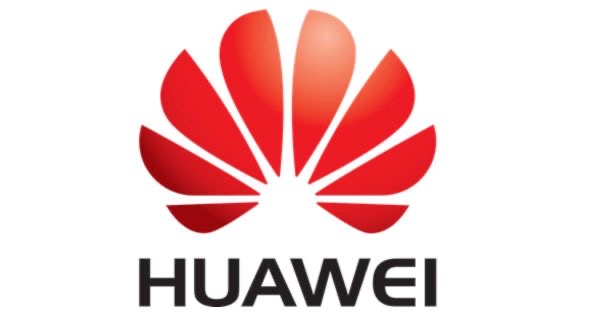At the recently concluded Mobile World Congress (MWC) summit in Barcelona, Huawei said that cutting-edge technology and Artificial intelligence can help Nigeria and other oil and gas producing countries to increase oil production, efficiently manage energy transition and rapidly recover from the economic impact of the COVID 19 pandemic.
The side event, themed “MWC Media Roundtable Briefing (Oil & Gas)” was organized by Huawei, a leading global technology and equipment provider to showcase its oil and gas solutions to industry stakeholders.
The Chief Technical Officer of Huawei for South Africa, Matamela Mashsu, in his presentation said that digital and intelligent technologies were becoming the forces that drove the transformation of the oil and gas sector.
He further said that the use of distributed fibre sensing and AI technologies was ideal for buried pipelines that are impossible for manual or drone inspections.
In Nigeria, where the oil and gas industry generates 90% of foreign exchange earnings and half of the country’s national revenue, GDP growth for the oil sector has been steadily declining. This is partly due to inadequate infrastructure for oil and gas, which further hinders the industry’s efficiency.
At the MWC media roundtable, the summit disclosed that Sonatrach and Huawei collaborated to build a joint innovation centre that produced the smart oil and gas pipeline inspection solution, which it is said aims at further strengthening oil exploration in Nigeria.
This solution, according to Mashau and Sana Lallali, manager Sonatrach Joint innovation centre, uses cutting-edge technologies to minimize operations and maintenance costs, proactively alert pipeline deterioration and promptly find fibre cuts.

































